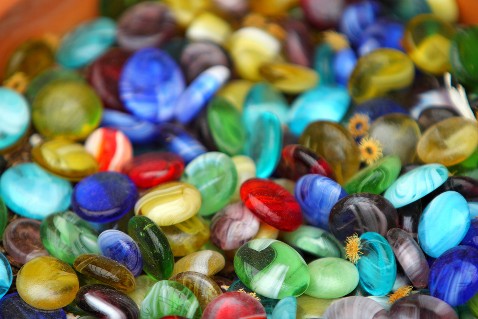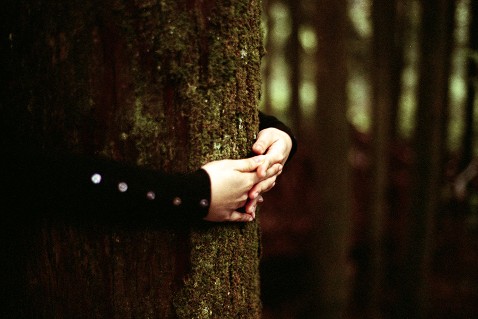The Answer
/The intersection of grief, creativity, and writing remains a place of such deep beauty and personal horror, I stand in awe of people getting their hands and souls dirty in it, exploring it with art, music, and writing. Kenny is a songwriter and musician from Bloomington, IN, whose band Gentleman Caller, has just released their fourth record, Wake (Mariel Recording Company). This record meditates on the loss of his daughter, Roxy Jean, who was stillborn at thirty-eight weeks on August 1, 2007. His music breaks me wide open in such an important way. I learn more about my own grief. Kenny agreed to join us at Glow as a regular contributor where he will be exploring his grief with his wise insights, brutal honesty, and dark humor, and of course through his music and words. —Angie
In the year following Roxy’s death, I was just hunched, squinting and holding on. I tried to outrun my thoughts, but they were in every hiding place I ran to. I self-medicated with booze for a few weeks. Became an expert on panic attacks. Sometimes I just waited, counting days away from the day she died. There was more comfort in math than hugs. I held on and flailed, as quietly as possible, inside my hollowed-out flesh-cage. I went to therapy, took anxiety meds and tried to get to know and understand my new, messed up self.
During that god-forsaken year, 3 friends also died early, tragic deaths. One by house fire. One by drowning. One by aneurysm. All three under the age of 40. It seemed unreal and impossible at first… then, inevitable. Remember, in The Empire Strikes Back, when Han Solo snaps “NEVER TELL ME THE ODDS!” before successfully flying through an asteroid field? My life, the lives of my friends and family… ours had become the exact opposite of that. We weren’t beating the odds, but being destroyed by them, and those odds were giggling.
Hollowed out by losing my beautiful, dark-haired daughter, and managing my anxiety with medication (prescription and other), I was sliding down and increasingly absent of hope. I started recognizing patterns in the memorial services I was attending. The hollow, crying eyes of the mother, the trembling, shaking hand of the father, all while speakers talked about what the deceased loved, how they loved and who they were… and there was always a song. I was so embittered by all the loss, and death just seemed right around the corner for everyone I loved. I was certain I would not live to be an old man. I felt that no one I knew would.
So, I decided to write my own funeral song.
I wanted a song that would just tell the bleak truths of my life… a song that wouldn’t put a bow on the end of my life, but a thudding and appropriate period. Somehow, it felt like the bravest thing I could do.
It happened immediately upon returning home after the last memorial service I would attend that year. It took literally the amount of time to write that it does to sing it. It remains, easily, the quickest I’ve ever written a song. It also remains the most cathartic:
THE ANSWER
I did not find the answer in church
I did not find the answer in church
I did not want a god that would not spare the rod
I did not find the answer in church
I did not find the answer in my home
I did not find the answer in my home
I was a stranger to my kin
I was a stranger to them
I did not find the answer in my home
I did not find the answer in school
I did not find the answer in school
I was sucker-punched and thin
I was not like the other kids
I did not find the answer in school
I did not find the answer at the bar
I did not find the answer at the bar
Beneath the stale embrace
I was always out of place
I did not find the answer at the bar
I did not find the answer in prescription drugs
I did not find the answer in prescription drugs
I took every pill they make
But I was still awake
I did not find the answer in prescription drugs
I did not find the answer in your eyes
I did not find the answer in your eyes
Not your hands and not your lips
We were always passing ships
I did not find the answer in your eyes
What songs, if any, have been a comfort to you since your loss? What songs can you no longer listen to? What would be your funeral song?



